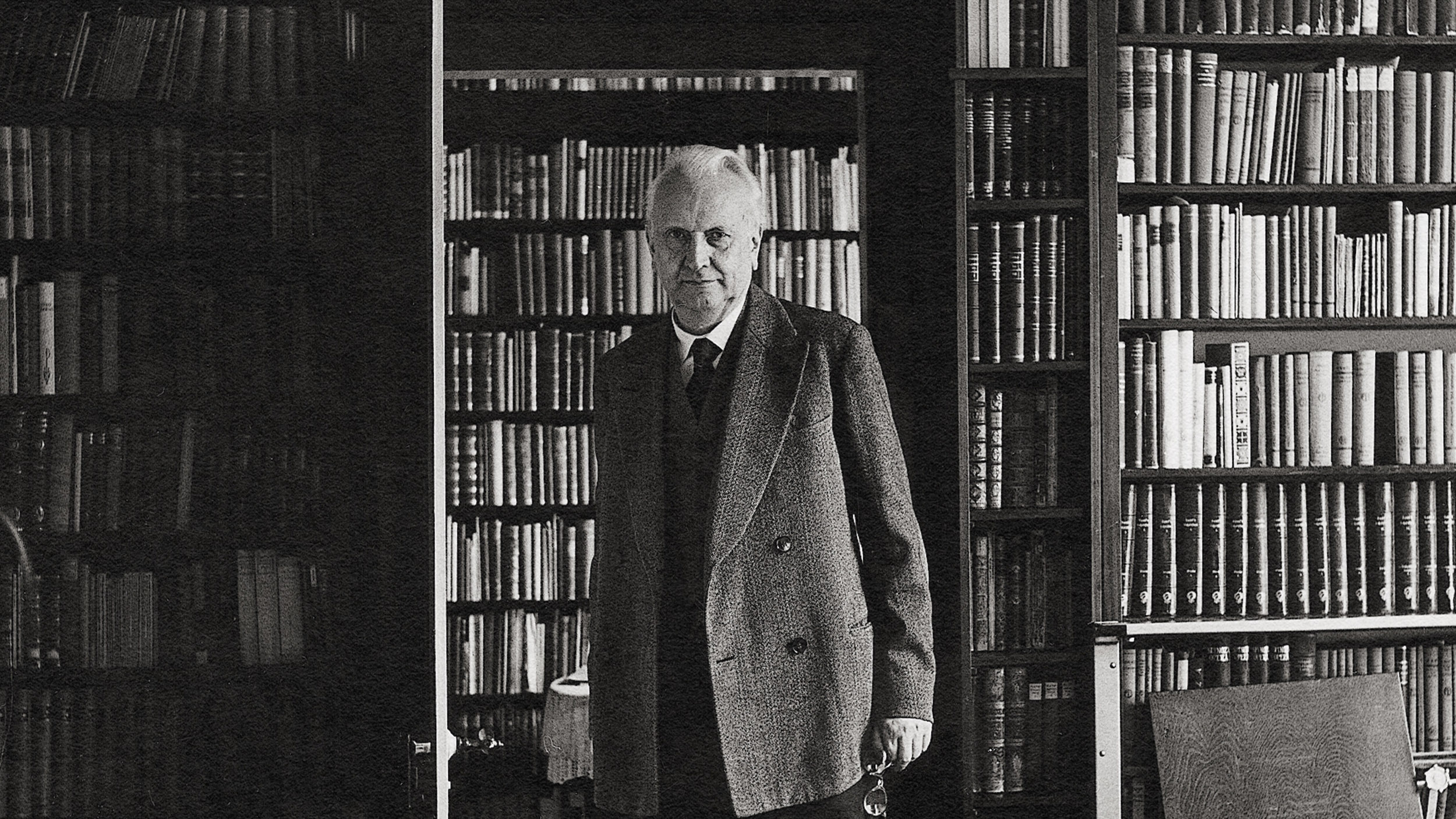Power-mad leaders keep appearing throughout history. Defeating them is never easy—fortunately, they often defeat themselves.
Question: Does megalomania tend to weaken leaders?
Robert Greene: Well you know you could say Napoleon was a bit like that. I happen to admire Napoleon a lot because he was such a brilliant strategist. I call him the Mozart of warfare. He was like a child prodigy with war and strategy, but you can divide Napoleon’s career into two halves. For ten years from 1796 to 1806 he was an absolute genius. From 1806 to 1816 at Waterloo and everything he lost it all and it went to his head. His success went to his head and instead of being enjoying the process I tell people if you want to be powerful in life you have to enjoy the process. You have to get pleasure out of making the thing that you’re making. It can be politics. There has to be that kind of purpose behind it. If your purpose is simply gaining power, if you become kind of drunk on the sensation that it gets you. I’m not making a moral judgment on it, it’s just simply if that becomes your end in life then you end up sort of destroying yourself because you lose the sense of **** and detachment that’s very necessary. You have to be detached a little bit from other people so you can see what’s going on in the world. If you’re too emotional you’re going to lose it. You have to be detached from yourself. You have to be able to look at yourself with some distance and some humor and some irony. You look at a person like Napoleon and he had that for awhile. He was a very clever person, but he was also able to criticize himself, et cetera, and then the power just became too much, and he thought he was a god and he, on the battlefield he started losing it. Stalin you know is a clear example, but you lose on a smaller scale… We’re talking about giant egos like a Napoleon or a Stalin. On a smaller scale it happens to everybody. When you have any kind of success in life, that’s like the most dangerous moment that you’re in because you’re going to tend to think wow, I can just keep repeating what I’ve done. I’m a great person. People love me. All of the sudden they’re giving me all of this attention. You get drunk on it and you lose your sense of balance and your sense of detachment. I know it’s happened to me. Fifteen years ago I was saying the same things that I’m saying now, but nobody listened to me because I was nobody. Now everybody thinks wow, he is saying this and that and what does that mean and it can go to your head and you can start thinking I’m infallible, and you have to drop that and you have to step back and look at yourself and all of that. So that’s sort of how you could become a Napoleon or a Stalin, and I think celebrities have that kind of complex.
Question: How should the U.S. handle power-mad dictators like Kim-Jong Il?
Robert Greene: Well you’re giving me like a pretty tough example. You know somebody once did the same thing with Israel and Palestine, like I’m going to be able to solve that problem. Give me a break. Kim Jong-il, you know, we’re dealing with these kind of closed systems of power like the Soviet Union was for many, many years, a world mostly you put a group of people together and politics intervenes. I say put three people together and people become political and they start thinking in political terms. You get a place like the Soviet Union or North Korea, these closed systems, it becomes completely political, but it’s not based on who is the smartest, on who has the most skill, who is the best leader to logically lead our country to power and success. It’s all about these little political games that people are playing. You can’t enter that world from the outside and tell people in North Korea what to do. A closed system like that… I used in The 48 Laws of Power, I talk about Athens and Sparta in ancient Greece. Athens was this very fluid democratic capitalistic environment. Sparta was this closed world. For hundreds of years they tried to create the system and they didn’t want it to change and eventually it just fell apart on its own because you can’t keep something closed in this world. North Korea has to just fall apart like it will eventually. Kim Jong-il will die. Somehow people will reach a level of dissatisfaction. You can’t force history. That’s sort of what we tried to do in Iraq. We’ll see what happens. Many people like myself years ago were predicting failure. You can’t force history. Things like that have to come up from below, from the people themselves, so my advice, unfortunately, to people in North Korea is to wait for when that moment happens. It’s interesting to see a place like Iran where it’s really happening now and it’s very interesting and very exciting where you have a group of people that are trying to put the lid on change and on history and a lot of very brave people are trying to struggle and fight against that because they’ve reached a level of disgust. They just can’t stand it any longer and so it’s coming up from the bottom. I don’t see any signs of that in North Korea, so it might be another 50, 100 years. Who knows?
Recorded on December 14, 2009
Interviewed by Austin Allen






